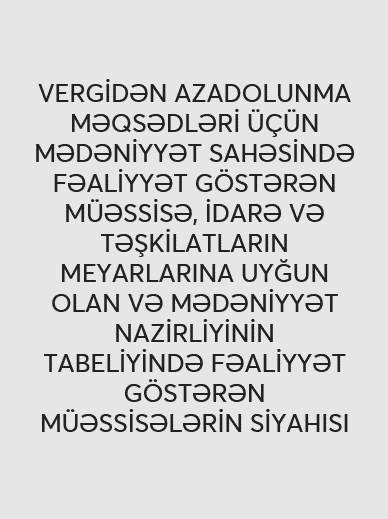The Days of Azerbaijani Culture, held in Tashkent, the capital of Uzbekistan, continue with vibrant events. One such event took place on June 13 at the Azerbaijan Cultural Center named after Heydar Aliyev in Tashkent. The center hosted a presentation of the Uzbek translation of the book "Sword and Pen" by Mamed Said Ordubadi, a well-known author of historical novels.
The opening speech at the ceremony, attended by scientists and intellectuals from Uzbekistan, was delivered by Ilgar Fahmi, the poet and playwright and the secretary of the Union of Azerbaijani Writers (UAW). Then he gave the floor to the Deputy Minister of Culture Farid Jafarov.
Greeting the guests, the Deputy Minister emphasized that the Ministry of Culture of Azerbaijan is dedicated to promoting the works of our prominent poets and writers through their translation into various foreign languages. To date, over 100 authors' works have been translated and published. The Deputy Minister emphasized the special importance of the recognition of our authors in the Turkic world and said that it would give Uzbek readers a comprehensive insight into both the celebrated prose writer Mammad Said Ordbadi and the world-renowned Azerbaijani poet and thinker Nizami Ganjavi, whose portrayal is created in the work.
The speakers of the event included literary critics and scientists of Uzbekistan, professors Nurboy Jabbarov and Abdulla Ulugov; AUW secretary, poet, and translator Selim Babullaoghlu; executive director of the Uzbekistan-Azerbaijan Friendship Society Erkin Nuriddinov; poet Agshin Yenisey; and the director of the Azerbaijan Cultural Center in Ankara, Samir Abbasov. In the speeches, the importance of the new edition was noted, and the world of ideas of Nizami Ganjavi was discussed. The event featured the recitation of his poems and the performance of mughams sang to his ghazals.
While Nizami Ganjavi's image holds a central position in the work, the author wasn't content with this alone and aimed to revive a complete picture of the period when the great poet lived, creating extensive portrayals of the people's lives. Therefore, the novel is named "Sword and Pen" rather than after the main character, symbolizing the important influence of both the physical and spiritual power of the people.
The novel was translated into Uzbek by Nazira Aliyeva, Muhsin Hamidov, and Rustam Komilov.












